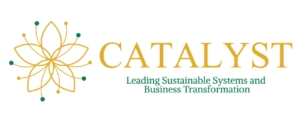- Version
- Download 6451
- File Size 363.50 KB
- File Count 1
- Create Date September 4, 2024
- Last Updated October 31, 2024
Water Scarcity in the Transboundary Ohrid and Prespa Lakes
The "Case study of Ohrid-Prespa Lakes" through the frame innovation approach will present the importance and relevance of system design thinking. Frame innovation is a tool to enhance innovative partnerships for sustainable growth in solving and reframing complex problems. It delves deeply into many aspects of system and design thinking, participatory research, system innovation, transformation change and resilient transition of one region with complex problems.
Traditional approaches based on isolated sectoral and national analytics and planning and conventional management approaches are no longer sustainable. They cannot provide sustainable water sources, especially in the transboundary regions. There is a need to develop and implement multidisciplinary and complex innovative approaches, enabling stakeholder and decision-maker engagement, including all affected sectors, in solving the problem. This is particularly important in the case of water scarcity under conditions of transboundary share of the same water resources.
The case study will emphasise the methodology of Frame Design Innovation Thinking. Participatory research tools are used in communication, collaboration, and tracing the problem statements, pathways of the future narratives, and possible solutions of the region. The tools used in the process are interface analysis, research, planning, product design, and citizen innovation, which together will bring a key to better solving the stakeholders' needs in the Ohrid and Prespa region.
Attached Files
| File | Action |
|---|---|
| 12_Water Scarcity Ohrid and Prespa Lakes_Case Study_CEIM | Download |



